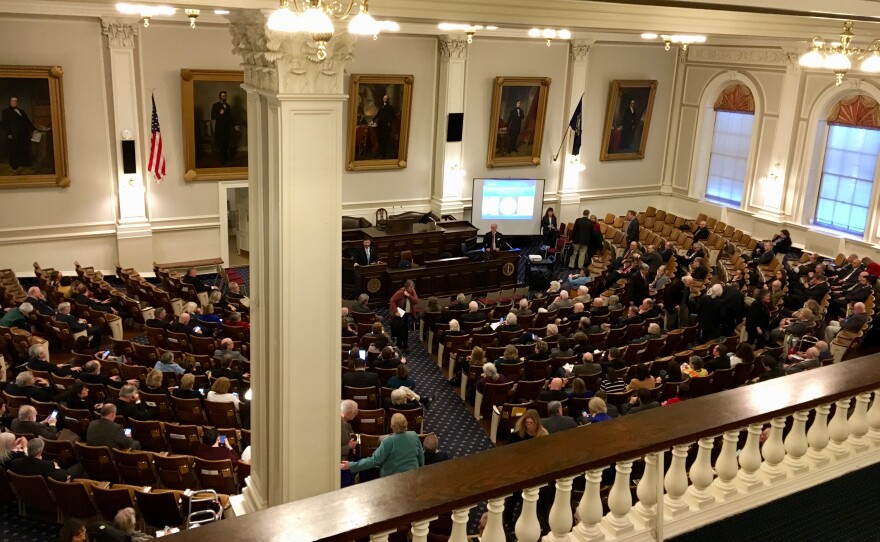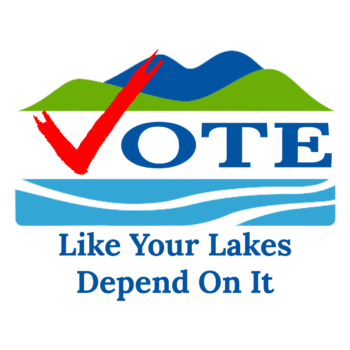Make Your Voice Heard
Being proactive in the New Hampshire legislative process can be easy with the help of NH LAKES. We provide you with facts on New Hampshire’s bodies of water so you can decide what’s best for your neighborhood, family, and future on your own. We occasionally include a request in the material we offer you to contact your elected representatives. Here are some resources to help you find your way.
We give lakes a voice at the State House and help advance lake-friendly policy.
What you can do:

Contact Your Representatives
Build meaningful relationships with your state legislators. Everyone is nervous the first time they speak to a state legislator but it’s not as scary as it seems.
Join the Lake Advocates Network
NH LAKES is mobilizing a statewide network of lake advocates working with their community to initiate and support public policies and laws that restore and preserve the health of our lakes.


Vote Like Your Lakes Depend On It
While we work hard to advocate for New Hampshire’s lakes, our lake need you to help get lake-friendly officials elected to all levels of government to advance lake-friendly policies and laws.
Run for Office
Being elected to office in your municipality is a great way to stand up for lakes and ensure your town governs in a lake-friendly way. And serving locally is the perfect way to get some experience to set you up to serve in the New Hampshire Legislature, where you help make a statewide difference for clean and healthy lakes!


 by Martech Consulting
by Martech Consulting